It is not uncommon for people to set several alarm clocks to wake up on time. An annoying loud tune is the last thing you want to hear before a hard day’s work, but you have to put up with it to avoid being late. It would be nice if you could program yourself, like a computer, to wake up at the right time. It turns out that this is quite realizable.

somnologist
If you get up and go to bed at the same time for a month, you can wake up when you need to without an alarm clock.
Why is it healthier to wake up without an alarm clock?
Getting up without an alarm clock may seem strange to you. The risk of oversleeping increases, and there is no apparent benefit. However, this is not true – deprived of the morning ringtone, you can give up coffee.

Daria Lebedeva
somnologist
The main disadvantage of waking up without an alarm clock – you can easily oversleep. If you follow the regime, getting up and lying down at approximately the same time on weekdays and weekends, as well as sleep no less than your individual norm, you will wake up during or at the end of the phase of REM sleep.
It is believed that by waking up during this phase, a person feels significantly more awake throughout the day than if he wakes up according to an alarm clock, which could interrupt his sleep in the middle of the deep phase.
How to determine your sleep schedule?
To learn to get up without an alarm clock, you should develop several habits. The most important stage of preparation should be the definition of the mode. It will not be possible to remove the alarm clock if you do not get enough sleep or get up at an inconvenient time. It is important to remember that even an adult needs to sleep at least eight hours, so as not to earn chronic sleep deprivation.
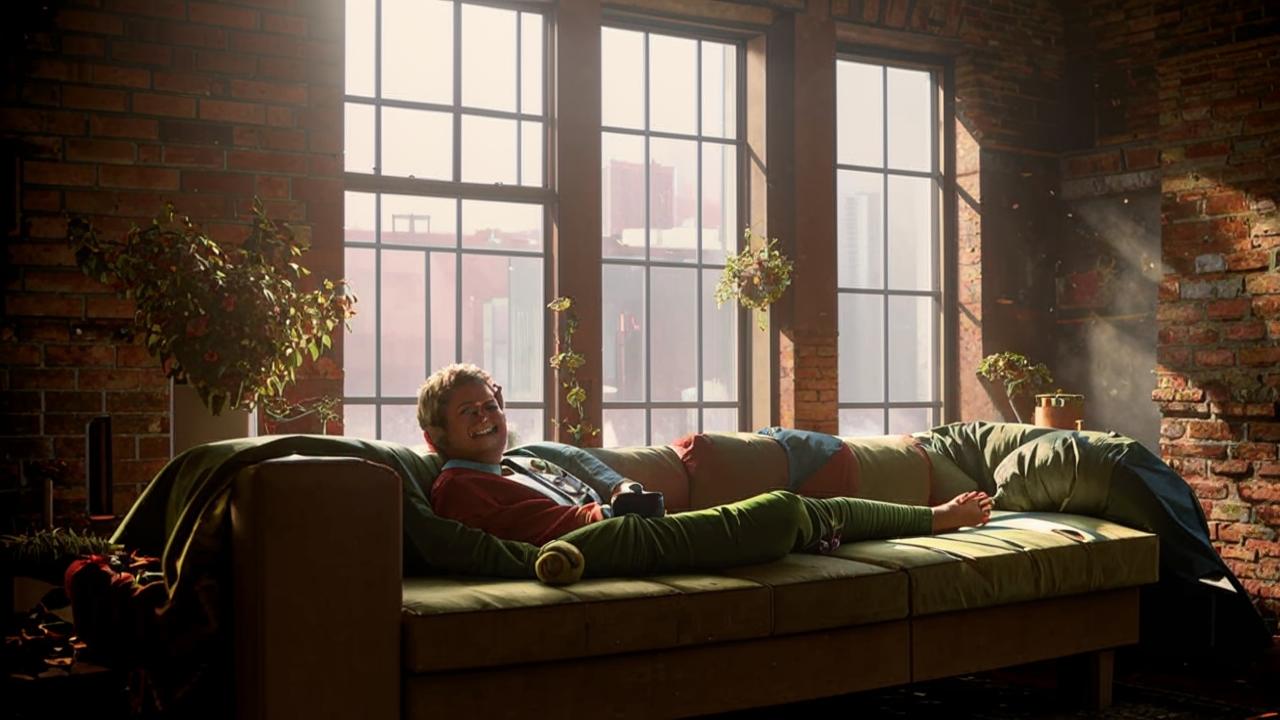
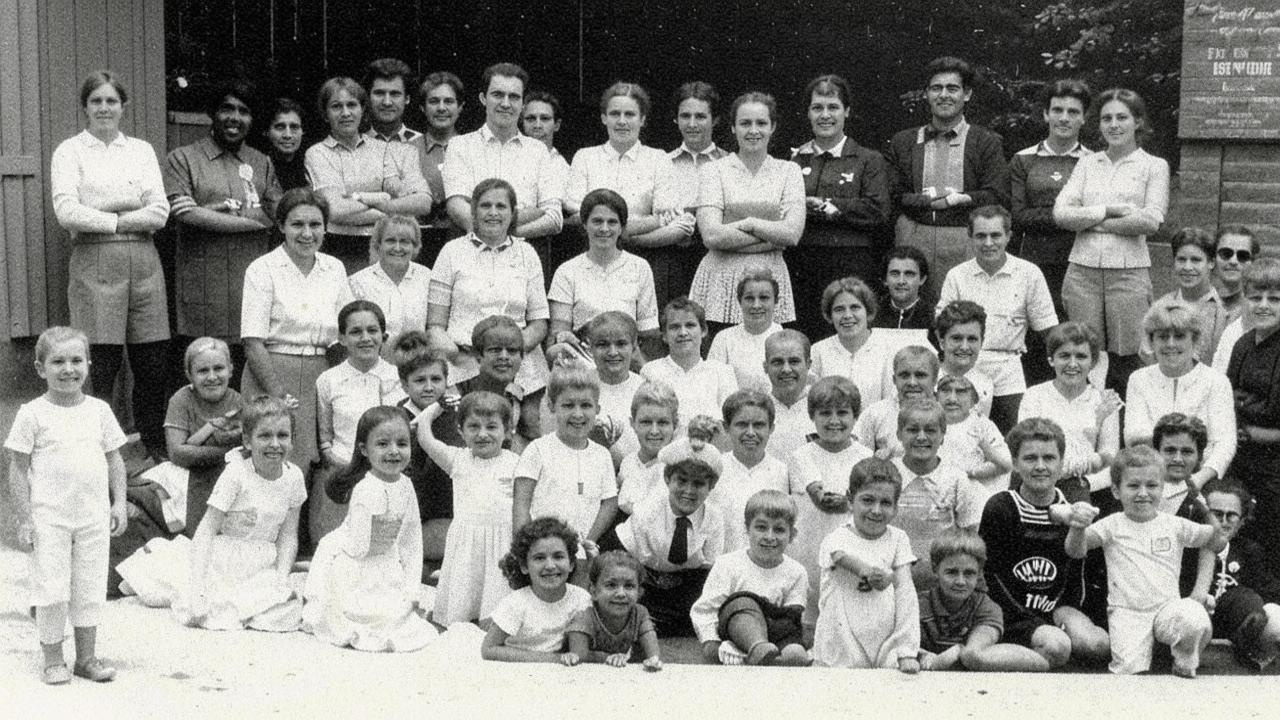
Daria Lebedeva
somnologist
Owls and larks are not a myth. We inherit one or another chronotype from our parents. So how can you figure out which one you belong to? For example, if the activity appears closer to midnight, in the usual for society morning you are broken, you do not want to eat breakfast, and the maximum that you do at work – it is looking at the monitor and drinking coffee, then you are an owl. If it’s the other way around, you’re a lark.
Next, you need to determine your norm of hours of sleep. It depends on many factors, first of all – on age. It is believed that the average person is enough 7-9 hours. To determine your own norm, during the vacation try to lie down at the time when the body wants, and wake up the morning without an alarm clock. If during the day you do not feel sleepy, count the time of sleep – this is your norm.
What should you do if your biological clock doesn’t match your social clock?
Complicating the installation of a new habit can be your own body. If social life and biorhythms are out of sync, no advice will help.
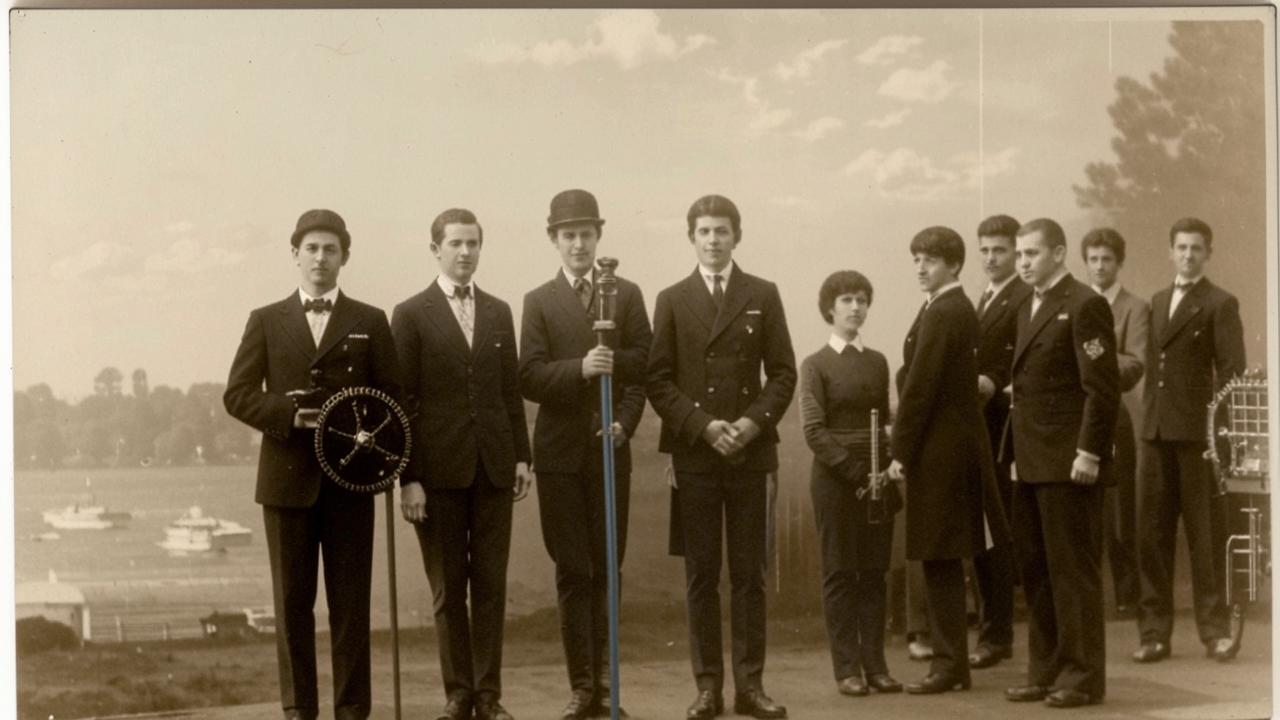
Daria Lebedeva
somnologist
If your biological clock does not coincide with the social clock, you are an owl. Ideally, you should make it so that not you adjust to life, but it to your chronotype. Take this into account when looking for a job. In many European countries, when hiring a person fills out a questionnaire to determine your chronotype, because the employer realizes that the ability to work depends on it.
For example, owls are well suited for remote work, when they can adjust employment on their own or work online with countries from a different time zone.
How to learn to get up without an alarm clock?
Establish morning rituals
Synchronize your sleep patterns and biorhythms with morning routines: exercise and shower.
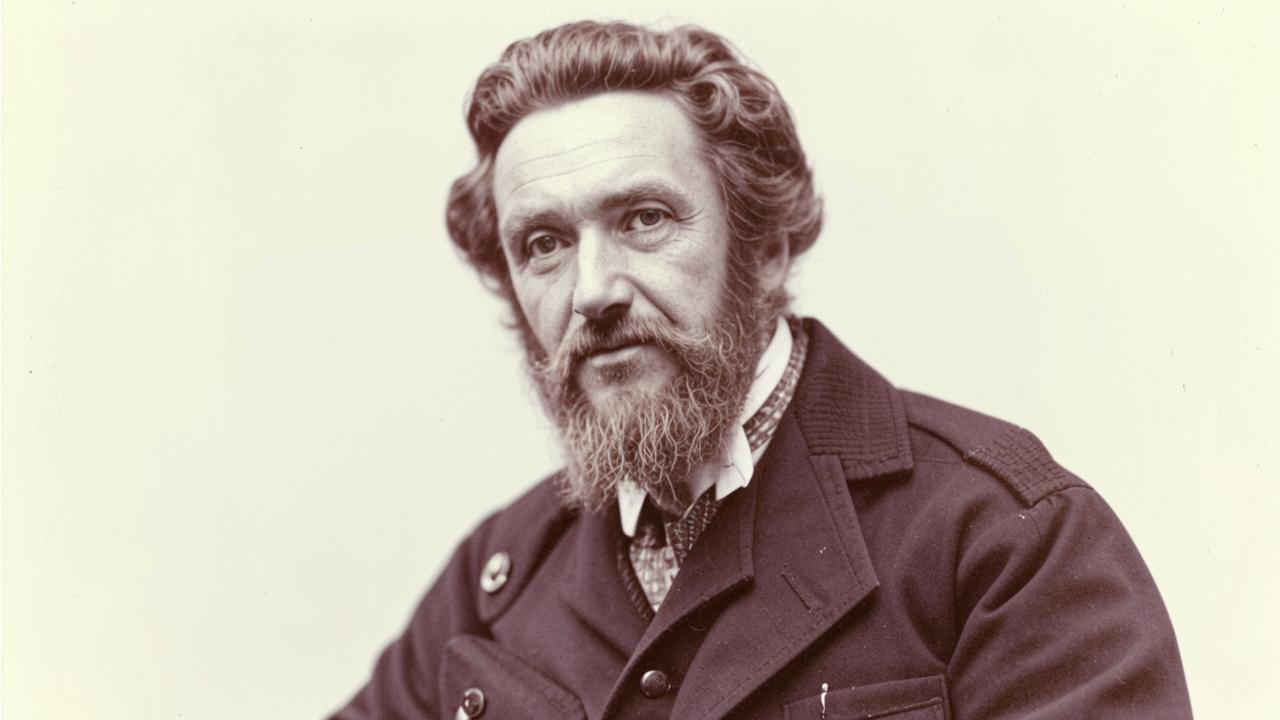
Daria Lebedeva
somnologist
Mode is first of all order, consistency, routine. The body hates chaos, hates when we disrupt the regime. The brain does not understand what will happen next, you constantly seem to cross time zones, and social jetlag is formed. If you get up and go to bed at the same time, you will feel more awake, breakfast will not cause disgust, productivity will increase, hormones responsible for vigor will be synthesized faster.
You can also instill certain morning habits. To wake up faster, turn on bright lights in the room, do some exercise or take a contrast shower.
Pay attention to your sleeping position
A Russian saying goes, “Keep your feet warm and your head cold.” This advice directly applies to sleep hygiene. Its strength can be affected not only by irritating noises or fatigue, but also by temperature, humidity and lighting.

Daria Lebedeva
somnologist
Melatonin is a hormone that helps us fall asleep. To improve its production, you should gradually reduce the lighting in the room, using directional light. Replace general lighting with floor lamps and nightlights. In the bedroom should hang thick curtains, so as not to interfere with the street light. If you are unable or unwilling to purchase light-tight curtains, use sleep masks.
Humidity is also an important factor. Use humidifiers at least during the heating season. If the room is too dry, mucous membranes dry up and you wake up thirsty.
The third significant factor is temperature. It is believed that the colder the room, the deeper the sleep. What is primarily meant here is the temperature of the head. The greater the difference between the temperature of the head and feet, the more sound sleep. Now you can buy pillows with a special cooling effect.
Refuse gadgets before going to bed
Information noise not only pollutes thoughts, but also prevents you from falling asleep. Therefore, it is better to turn off the phone some time before sleep and replace it with a book.
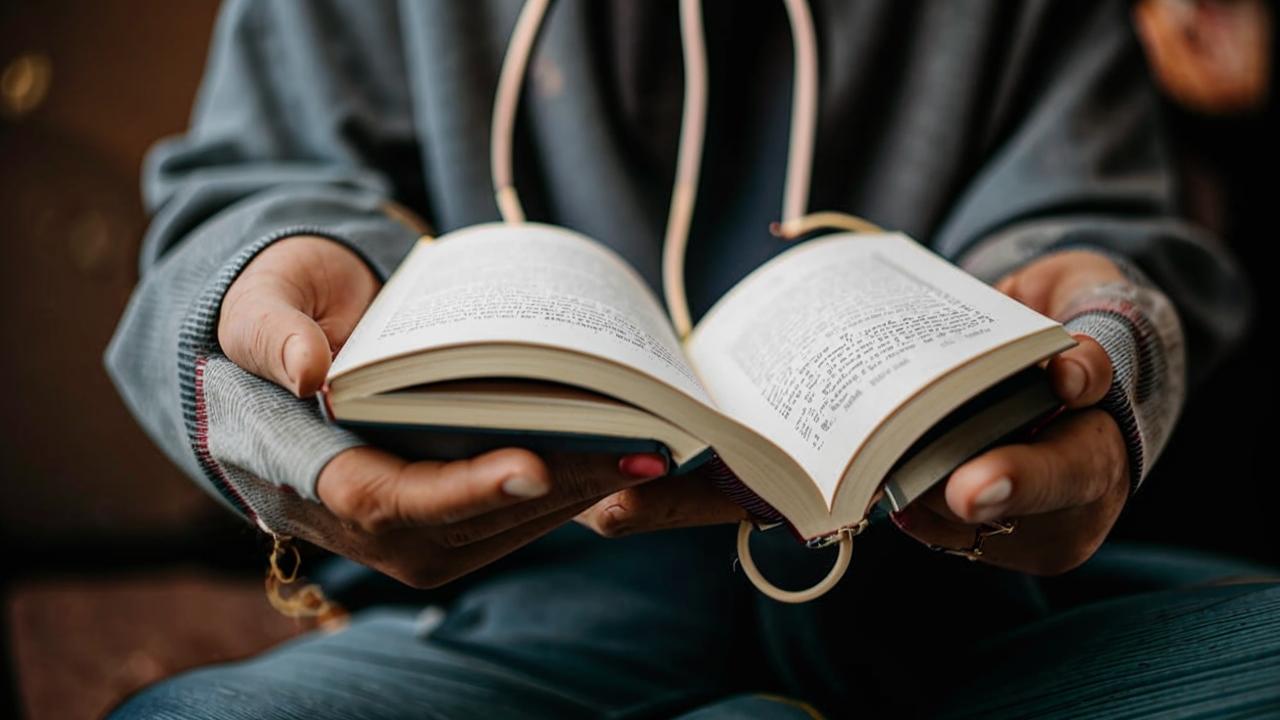

Daria Lebedeva
somnologist
There are two opinions. Some believe that the blue light of the screen has a killer effect on melatonin, destroying it. You can get out of this situation by turning on a special night mode or turning down the brightness.
On the other hand, interacting with the phone, watching the news and communicating, we begin to worry, and the body produces the stress hormone cortisol. The more of it there is, the harder it is to fall asleep.
Do not eat too much at night
“Don’t eat after six” is a pretty popular piece of advice. In fact, you should not eat four hours before your bedtime. Do not load the body, sleep – rest not only for the brain, but also for other organs. In a normal regimen, all processes should slow down.

Daria Lebedeva
somnologist
First of all, you should exclude products containing caffeine. It is not only in coffee, but also in tea, sodas, chocolate. You should not consume them after lunch. It is also better to refrain from heavy foods. In sleep, the body should replenish energy, and not spend it on digestion.
It is believed that the ideal foods before bedtime are vegetables and protein, foods that contain tryptophan: nuts, bananas dried fruits. A small amount of sweets can also be beneficial.





